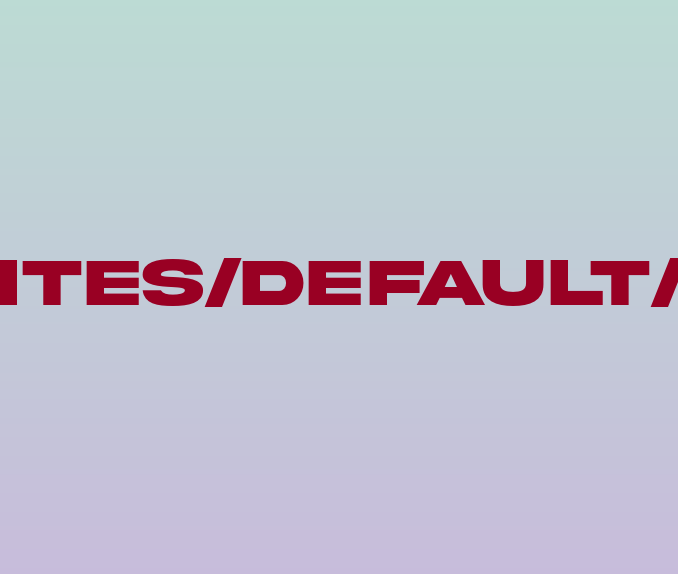
A Chicago beach on a sunny day. ~Enlarge
Exactly five years ago the Great Lakes Town Hall launched as a site meant to engage the region's citizen advocates, and those who were only curious, on the issues and culture of our wonderful lakes.
Award-winning author Jerry Dennis was the first guest writer and editor Dave Dempseywrote the initial commentary. That was December 12, 2005.
Five years later my purpose today is to announce that the Town Hall will cease to publish. This will be the final edition, at least for now in this format.
The announcement is made on behalf of the board and staff of the Biodiversity Project, the site's sponsor.
Why is it ending?
Well, in some ways, it's just time.
The Town Hall has always run on passion and volunteer time, not money, and at some point even those commodities become too thin to properly sustain a mature operation. Toss in the fact that the Biodiversity Project's mission has grown and expanded over the years, and the Town Hall is not the same good fit as it was at its inception.
Announcements that mark endings are many times sad, but that's not the case today. This one is filled with pride based on all that the Town Hall has accomplished.
The goal was to engage citizens and we did as evidenced by countless hundreds of citizen posts. The Town Hall provided a venue for anyone to make their case on an issue, or just announce a Great Lakes event.
You wrote about local problems, commented on the big policy issues, took us to task when you disagreed, and were especially hard on disingenuous politicians.
But your reaction to two events was off the charts. First, BP's decision a few years ago to increase pollution to southern Lake Michigan. And you really turned up the volume a year ago when the Asian Carp crisis hit the local and national media.
We brought Great Lakes leaders to the people in a forum where they could share their vision directly with you. And we went beyond their press releases and asked the tough questions.
As an editor, I felt it important to write about issues that weren't being discussed, and to challenge all of us to think critically, not just follow the approved message. In doing that I know I angered some, which wasn't my intent but it may not be the worst outcome.
Please understand that my goal was to avoid group think and encourage the exchange of ideas.
Regrets? Yes.
I wish we would have done a better job of engaging Canadians and with hindsight, in reaching out to business and industry. I take responsibility for failing with Canada because it is a place I've visited many times and truly love.
Business and industry were tough to engage. I could have done more but in turn, there has to be reciprocity.
Saying thanks to folks is always risky because of course I'll leave some deserving supporter off the list. If that's you, please accept my apologies in advance and know that your contribution was appreciated.
Thanks to Dave Dempsey and Jeff Potter for launching the Town Hall and for providing the vision and energy to make it successful not only in its early days, but for the long run. To author Jerry Dennis for lending his insightful works to the launch edition.
Many thanks to the wealth of guest writers who queued up each week to share their thoughts and stories. Yes, we had the big names in the Great Lakes world but it was most heartening to feature unknown citizens who expressed themselves publicly about the environment for the first time.
Our appreciation goes to Great Lakes reporters Tom Henry and Kari Lydersen who were able to convince their editors that it was important for them to write for the Town Hall, and they did, brilliantly, in their own unique styles.
Thanks to Peter Annin, our first interview, who sat with me patiently for two hours explaining the nuances of diverting water and the intricacies of his landmark book, Great Lakes Water Wars.
Guest writing as an enviro leader, Cameron Davis wrote a citizen's primer on Great Lakes restoration and returned a few years later in an interview representing the USEPA.Thanks Cam.
Kudos to Representative Dan Scripps of Michigan, the IJC's Lana Pollack, and Joel Brammeier of the Alliance for the Great Lakes for also taking the time to answer our questions.
Marc Gaden at the Great Lakes Fisheries Commission helped us understand the Asian Carp advance, as did Noah Hall from the Great Lakes Environmental Law Center. Hall and colleague Nick Schroeck have been a great resource in guiding us around the minefield of the complex legal issues related to the Great Lakes. Thanks guys!
I couldn't forget former Biodiversity Project staffer Brenna Wanous who held the Town Hall together at critical times when it could have easily come apart. This while completing a double major at the University of Wisconsin. Thanks Brenna.
And mostly, thanks to all of you, the concerned citizens who made this site a "go to" place for open dialogue and honest Great Lakes discussion.
gw
n.b. Check the Community Bulletin Board for my parting thoughts on a few issues.


Comments
Thanks for Listening
Thanks Joe....
Question...
Farewell...for now
Thanks Matt...
A thousand thank yous!
Thanks Alison...
Hopefully you will reconsider